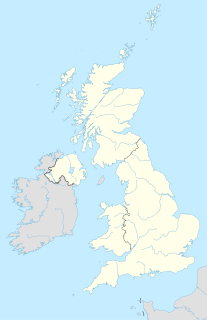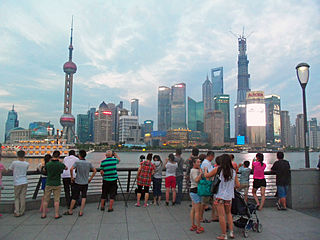 | |
| Online travel agency and publisher | |
| Industry | Tourism |
| Founded | 2001 in Brighton, Sussex, England |
| Headquarters | Brighton, England |
Key people | Justin Francis (British entrepreneur), Founder and CEO; Richard Skinner, Operations Director; Tim Williamson, Customer Director |
| Products | Responsible holidays, travel guides and editorial |
| Website | www.responsibletravel.com |
Responsible Travel is an online travel agency offering over 6,000 responsible holidays from 400 holiday providers around the world. It is one of the world’s largest green travel companies and an ABTA member. [1] [2] It is also a travel publisher and has published over 650 destination guides as of March 2019.
Contents
- Responsible travel and tourism
- Activities
- World Responsible Tourism Awards
- Trip For A Trip
- Zoos
- Elephants and tourism
- Whales and dolphins in captivity
- Orphanage volunteering
- Carbon offsetting
- Had Enough
- "Overtourism" concerns
- Turtle hatcheries
- Plastic-free travel
- Fake snow
- References
- External links
The company sells holidays designed to maximise the benefit and minimise the harm involved in tourism [3] and was the first of its kind in the world. [4] Holidays are screened for their compliance with environmental, social and economic criteria with an emphasis on grassroot initiatives and local providers. [5] The company asks travellers to leave reviews, rating their holidays and the social and environmental credentials from 5 to 1.
Responsible Travel was founded in 2001 by Justin Francis Justin Francis (British entrepreneur) and Professor Harold Goodwin, Director at The International Centre for Responsible Tourism.
Justin Francis is an English activist and social entrepreneur. He is the co-founder and CEO of responsibletravel.com, an activist travel company, selling holidays from around the world and publishing online travel guides and responsible tourism related content.
Dame Anita Roddick of The Body Shop was one of the first investors, [6] believing that: “Responsible travellers want experiences rather than packages, authenticity rather than superficial exoticism and holidays that put a little bit back into local communities and conservation. This is the future of tourism.” [7] The company introduces travellers directly to responsible travel and tourism options including accommodation owners and holiday providers.

Dame Anita Lucia Roddick, was a British businesswoman, human rights activist and environmental campaigner, best known as the founder of The Body Shop, a cosmetics company producing and retailing natural beauty products that shaped ethical consumerism. The company was one of the first to prohibit the use of ingredients tested on animals and one of the first to promote fair trade with developing countries.

The Body Shop International Limited, trading as The Body Shop, is a British cosmetics, skin care and perfume company that was founded in 1976 by Dame Anita Roddick. It currently has a range of 1,000 products which it sells in over 3,049 owned and franchised stores internationally in 66 countries. The company is based in East Croydon and Littlehampton, West Sussex.
According to Simon Calder, Travel Editor at The Independent, “the ResponsibleTravel business model overturned conventional travel thinking. Instead of intervening between the travel enterprise and the tourist, as most agents do, Francis urges them to talk directly.” [3] The company has sold over $100 million worth of holidays. [8] In 2010 www.responsiblevacation.com was launched in the US. The company is based in Brighton, East Sussex UK. As of November 2018 there were 31 employees.

The Independent is a British online newspaper. Established in 1986 as a politically independent national morning newspaper published in London, it was controlled by Tony O'Reilly's Independent News & Media from 1997 until it was sold to Russian oligarch Alexander Lebedev in 2010. The last printed edition of The Independent was published on Saturday 26 March 2016, leaving only its digital editions.

Brighton is a seaside resort on the south coast of England that is part of the City of Brighton and Hove, located 47 miles (76 km) south of London.

East Sussex is a county in South East England. It is bordered by the counties of Kent to the north and east, Surrey to the north west and West Sussex to the west, and to the south by the English Channel.









